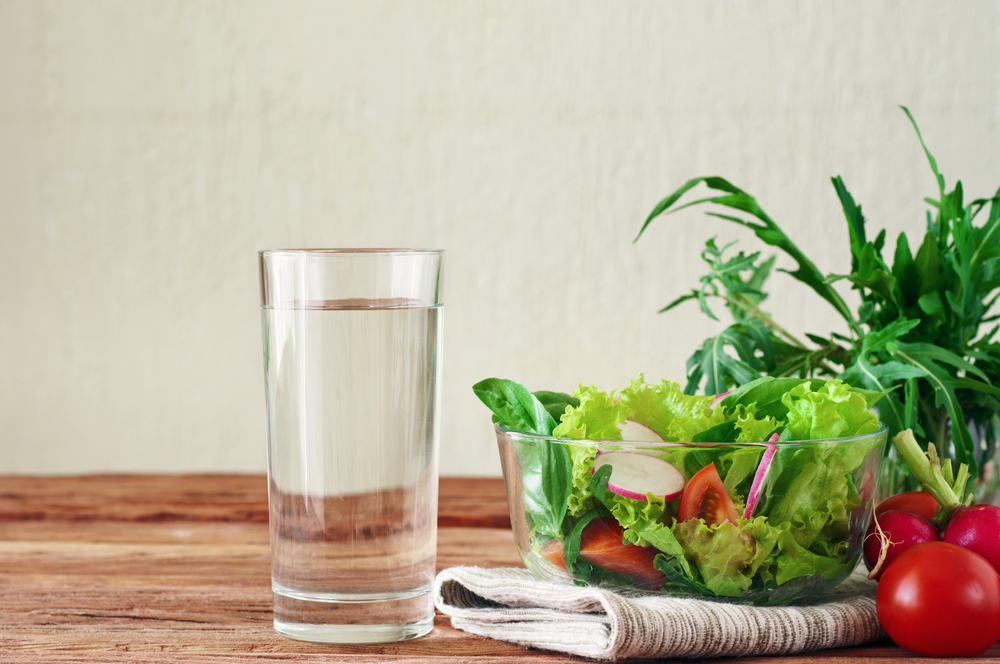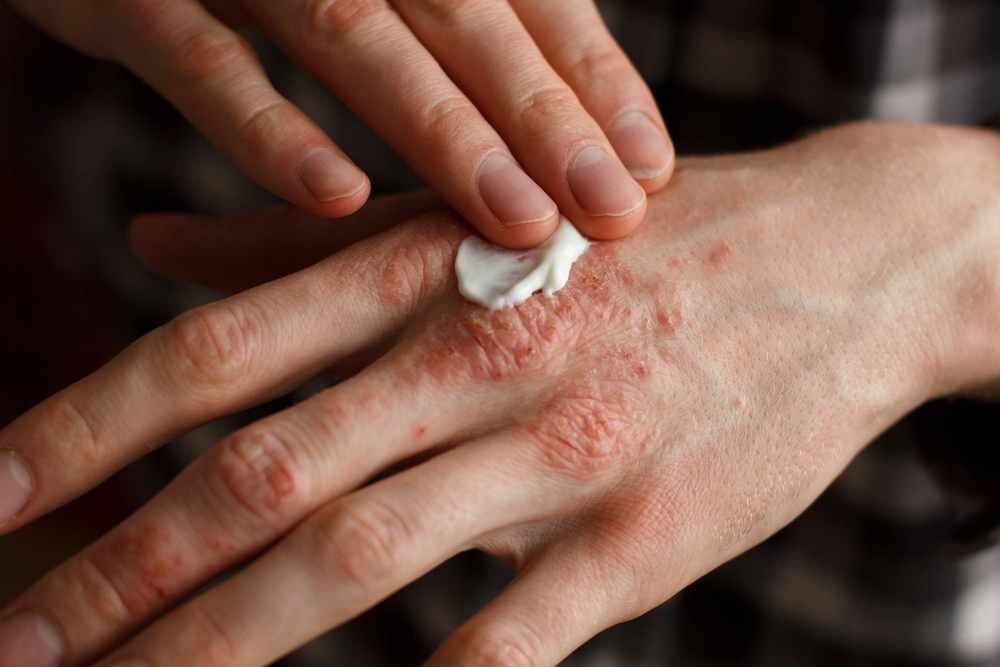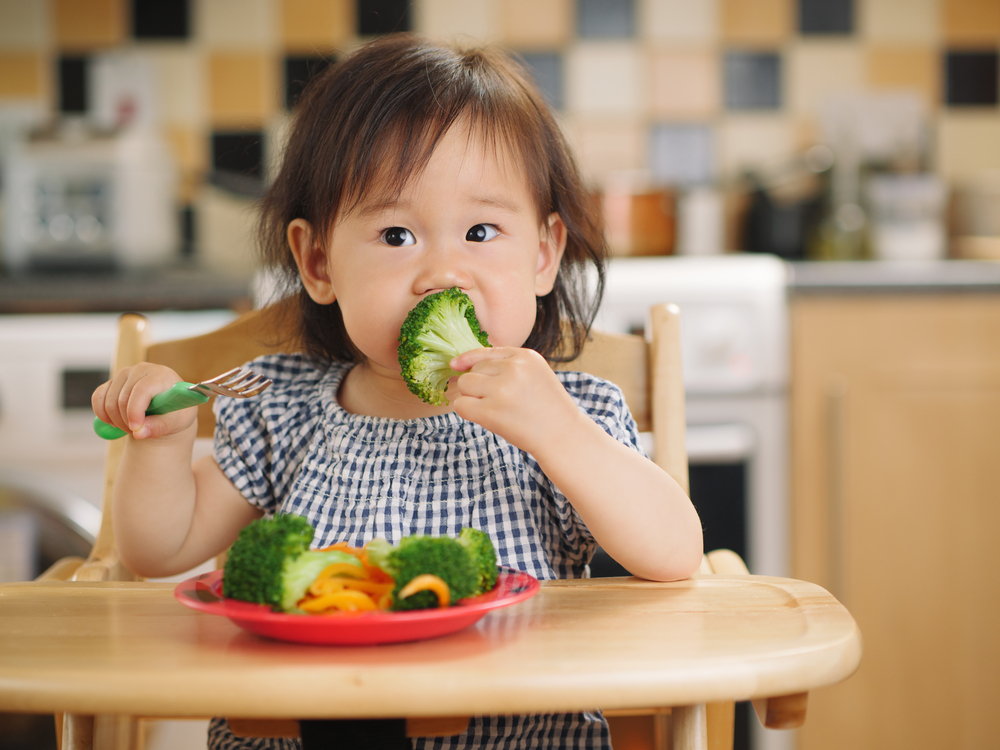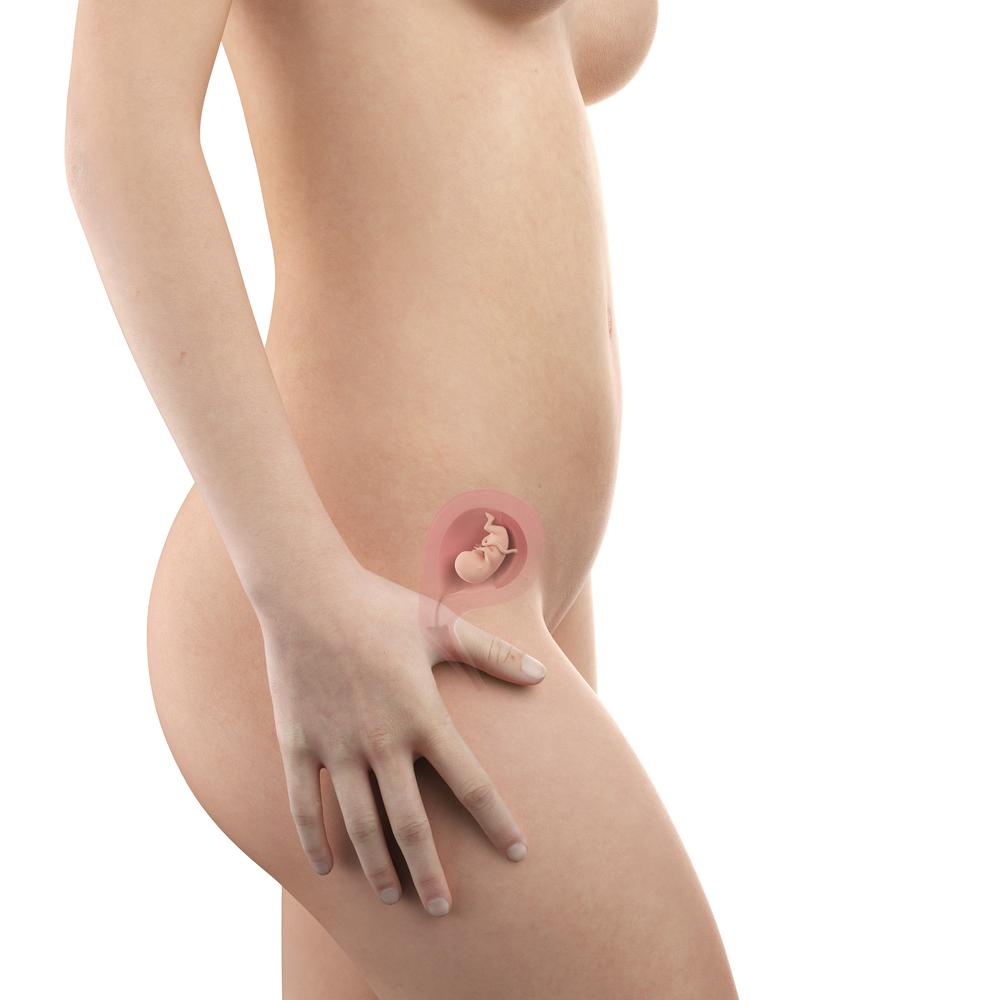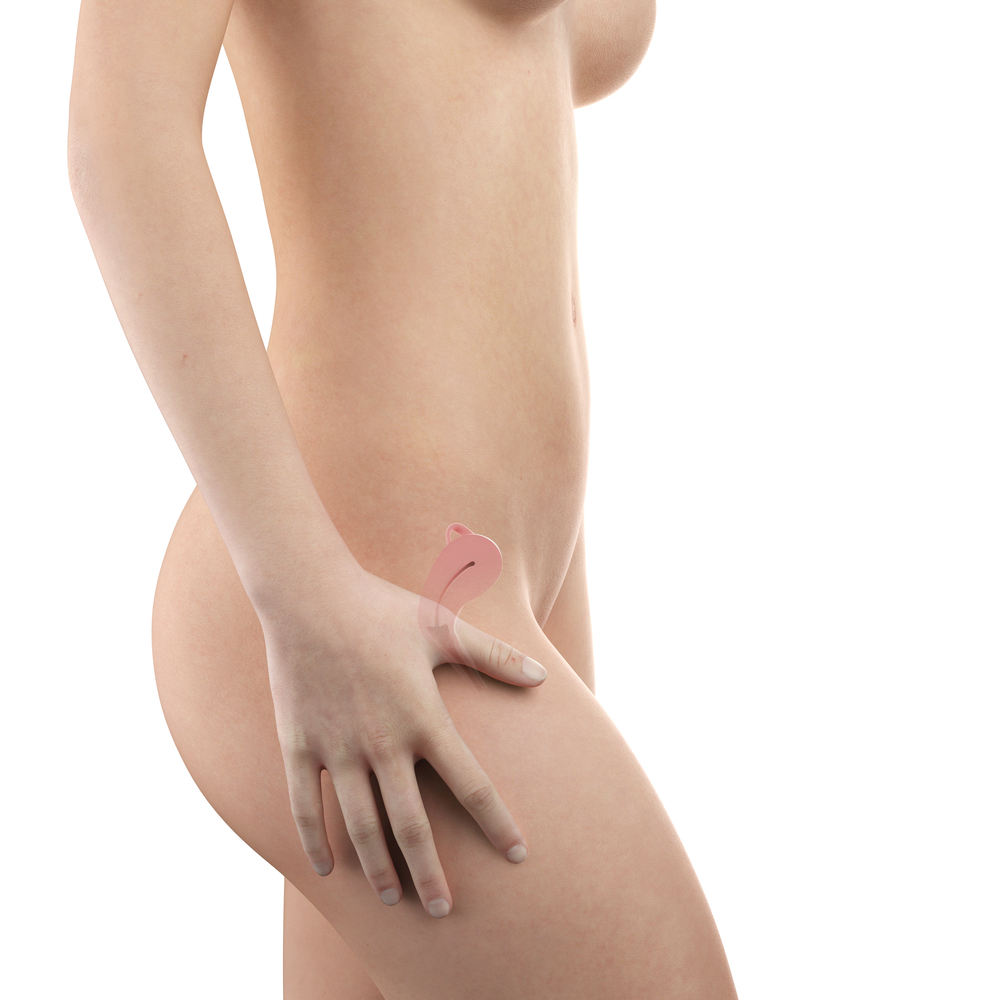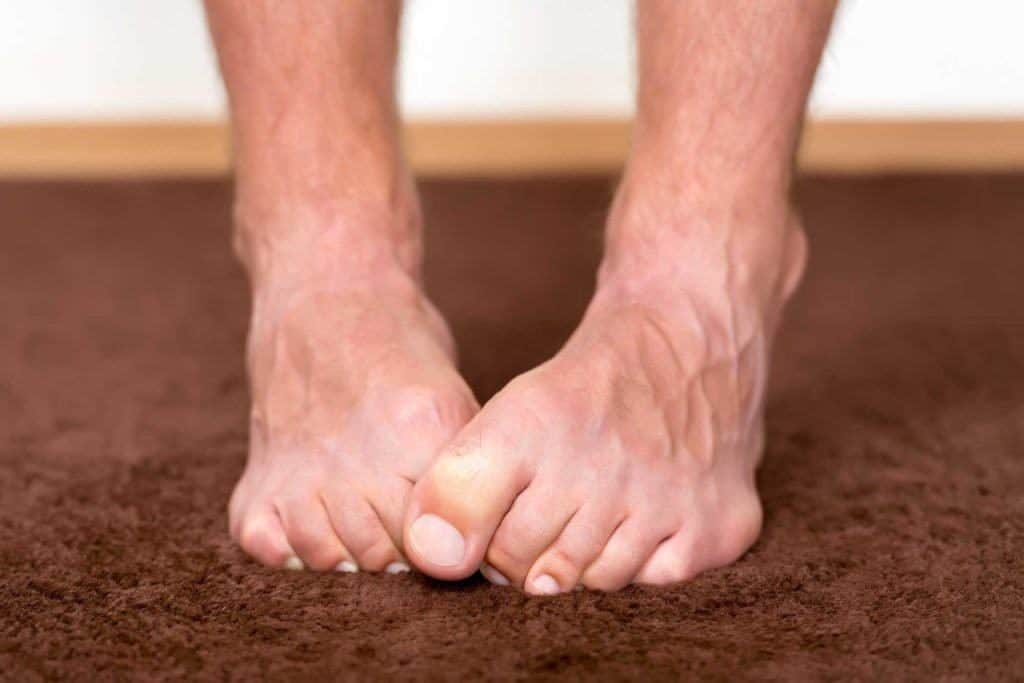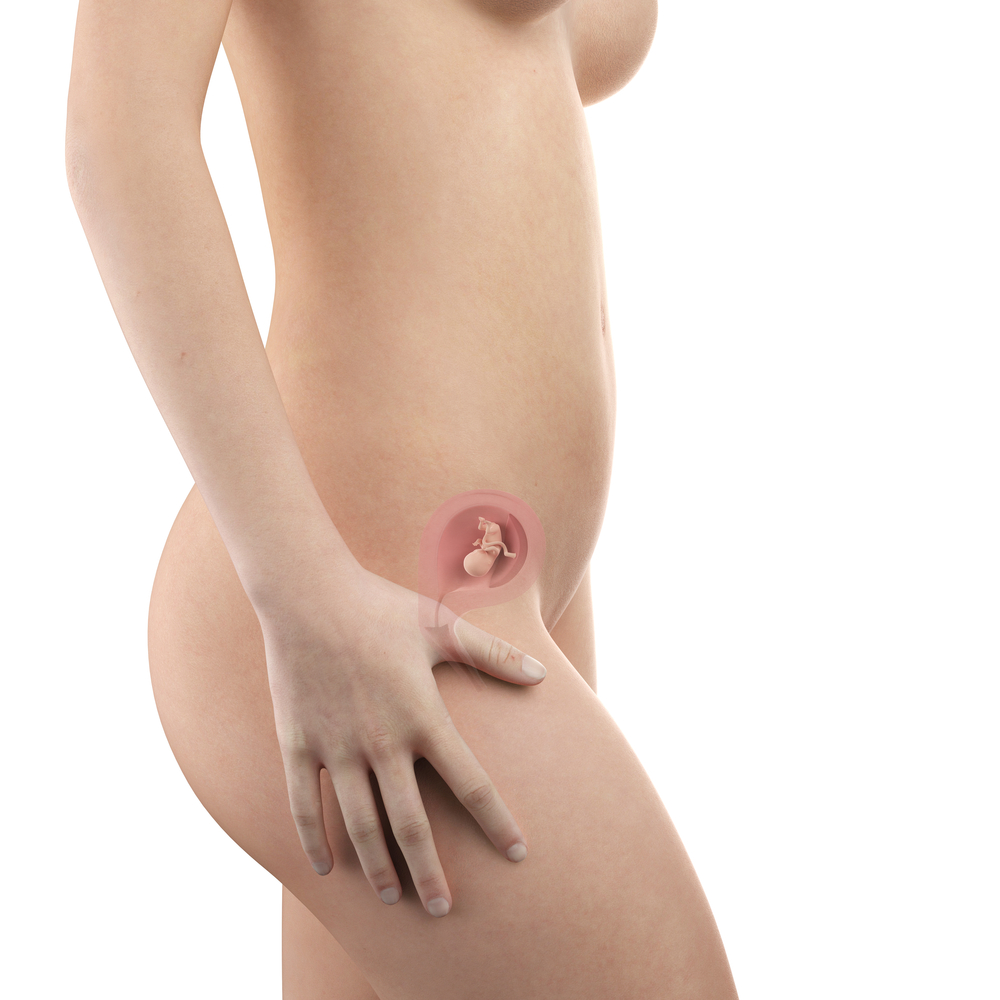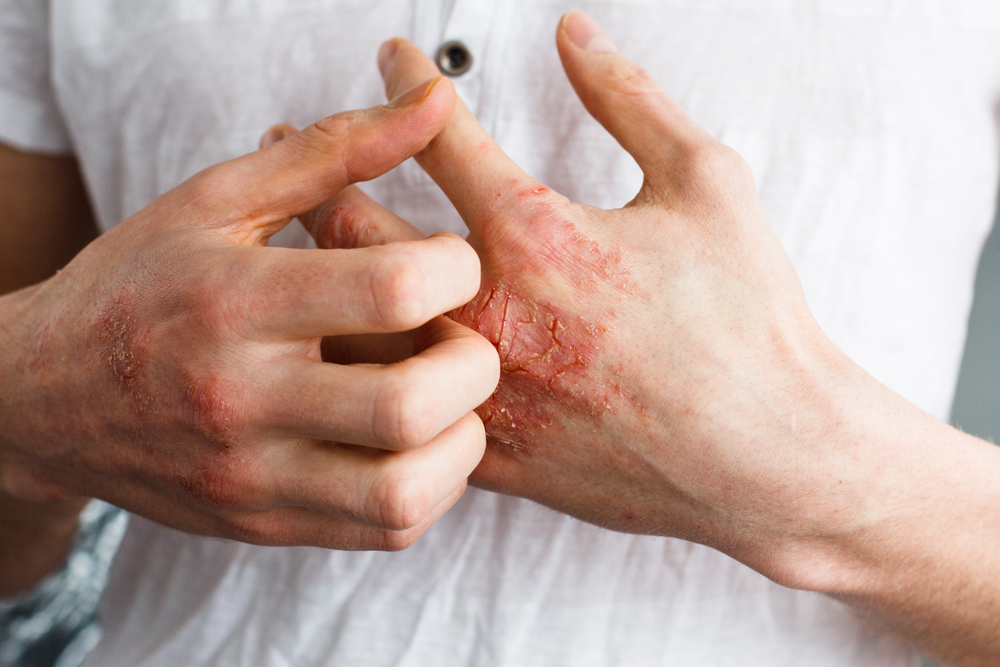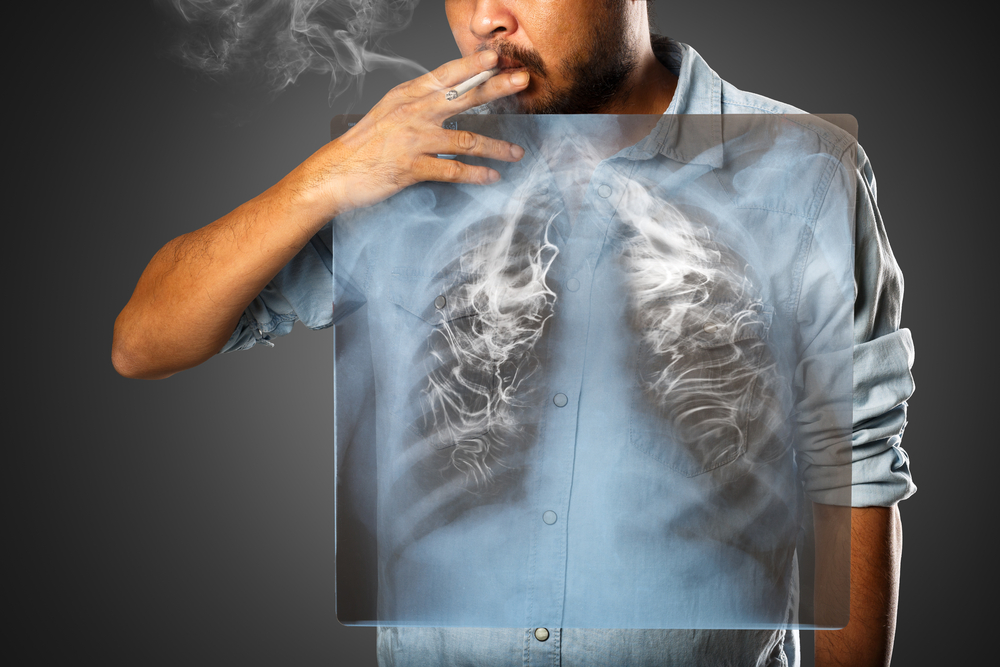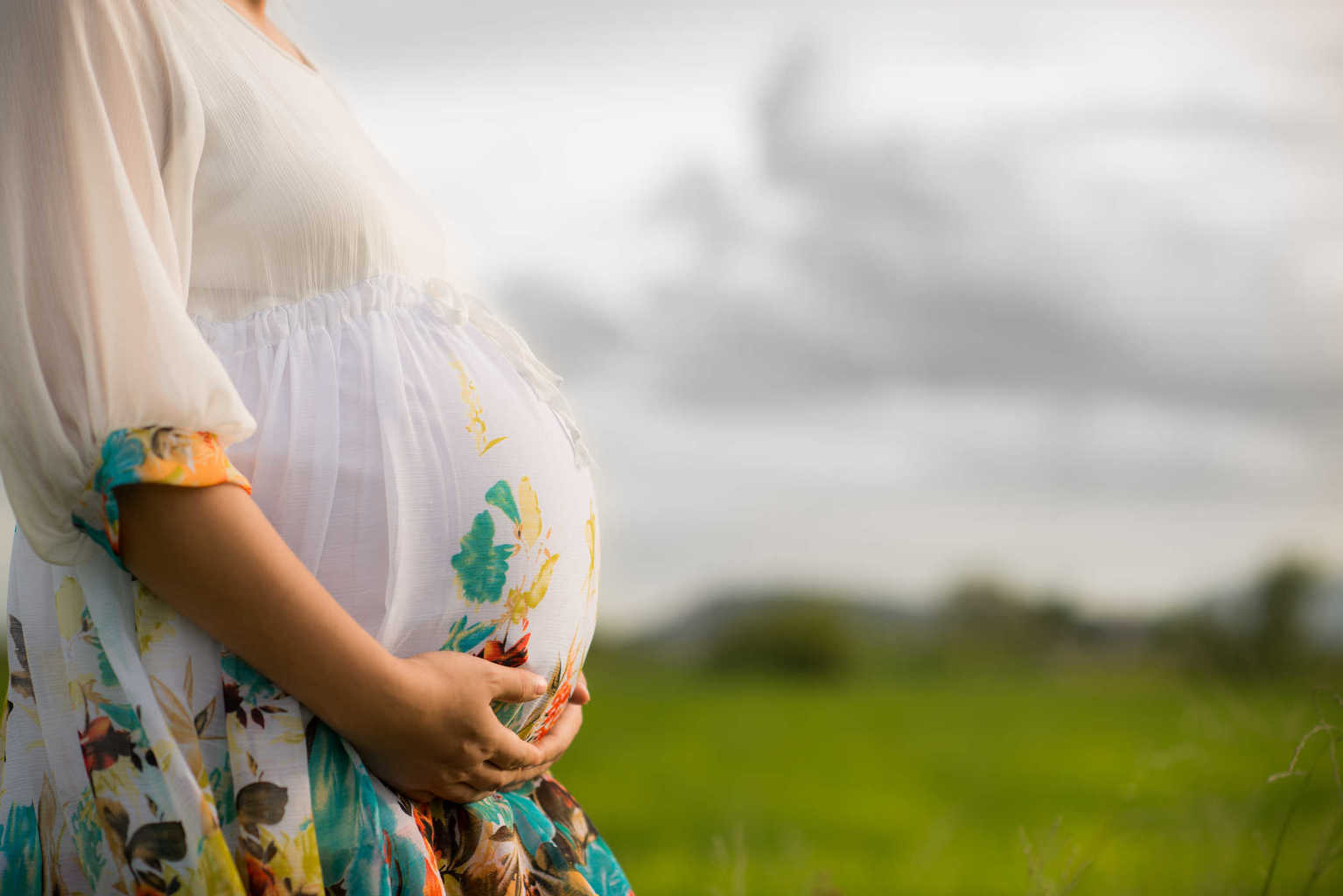Contents:
- Medical Video: Stages of Kidney Disease
- What foods must be controlled by patients with kidney disorders?
- 1. Reduce salt and foods containing sodium
- 2. Eat protein in the right type and amount
- 3. Limit your intake of foods that contain phosphorus
- 4. Limit foods that contain potassium
- 5. Limit your fluid intake
Medical Video: Stages of Kidney Disease
The kidneys are one of the important organs in our body. If this organ has a problem, it can disrupt the metabolism that occurs in our body. Even people with kidney disease can also suffer heart attacks and strokes. Therefore, for those of you who have kidney problems, you should really pay attention to your diet. The right diet for people with kidney disorders can make your kidney function better. In addition, you are also advised to control your blood pressure and blood sugar so that your kidney disease does not worsen.
What foods must be controlled by patients with kidney disorders?
What you eat can determine the health of your kidneys. Certain foods can make your kidneys better and certain foods can make your kidneys worse. The following are foods that you must control.
1. Reduce salt and foods containing sodium
Controlling the intake of foods containing salt and sodium in your diet can help maintain your blood pressure. You are advised to get only 2300 mg of sodium per day, this sodium can be obtained from salt in food and sodium in packaged foods.
You must be careful when buying packaged foods, processed foods, or processed foods. Note the nutritional value information contained in each packaged food. So, you can limit your salt or sodium intake to a maximum of 2300 mg per day.
2. Eat protein in the right type and amount
Controlling your protein intake can help protect your kidneys. High protein intake in your diet will only make your kidney condition worse because it can burden the kidneys. Therefore, in patients with kidney disorders, you should limit it consume your protein or change the food source of protein that you normally eat. To find out how much protein you should eat and what food sources of protein you should eat, you should ask more clearly with your doctor and nutritionist.
Some food sources of protein that you can eat are chicken, fish, lean meat, eggs, and milk (a source of animal protein), as well as legumes which are sources of animal protein.
3. Limit your intake of foods that contain phosphorus
This is highly recommended for those with kidney problems because of protecting your bones and blood vessels. In a healthy kidney, the kidneys are able to maintain the phosphorus levels in the body so that the body functions properly. However, in the kidneys that have been affected, phosphorus levels in the body can be uncontrolled and experience an increase. This can then make the bones weaken and the blood vessels stiffen due to phosphorus buildup.
To prevent this, you are advised to limit your phosphorus intake. Some foods that contain high phosphorus are:
- Milk and some dairy products, like yogurt and cheese. However, some dairy products contain lower levels of phosphorus, such as butter, cream cheese, and ricotta cheese.
- Fish, chicken and meat
- Nuts
- Wheat
- Chocolate
- Fast food and processed food
If you buy packaged foods, you should pay attention to the ingredients they contain. Some ingredients in the packaged food use the word "phos / fos" which means that the packaged food contains phosphorus.
Increase consumption of fruits and vegetables because many fruits and vegetables only contain low amounts of phosphorus. In addition, other foods containing low phosphorus are bread, pasta, rice, and cereal.
4. Limit foods that contain potassium
When your kidney has a problem, your blood potassium levels can be too high or too low. This uncontrolled potassium level can cause nerves and muscles not to work properly. This can also cause muscle cramps, muscle weakness, and problems with heart rate. Therefore, you also have to limit your blood blood potassium levels to help work nerves and muscles.
Some foods that contain high potassium and you must limit it to:
- Oranges, bananas, avocados, melons, kiwi
- Potatoes, tomatoes, spinach, asparagus
- Red rice
- Milk and milk products
- Bread and wheat pasta
- Nuts
Whereas, food containing low potassium and can be your choice are:
- Apples, pears, grapes, pineapple, strawberries, watermelon
- Carrots, lettuce, broccoli, cabbage, celery, cucumber, eggplant, onions, pepper
- Bread and pasta
- White rice
- Meat and chicken
- Green beans
If you buy packaged foods, you should pay attention to whether they contain potassium chloride. Potassium chloride is usually used in packaged foods as substitute salt. If contained, you should not choose these packaged foods. If you buy fruit or canned vegetables, you should drain before eating.
5. Limit your fluid intake
This is also very important for those of you who suffer from kidney problems. Although consumption of lots of water is recommended for healthy people, it is different for people with kidney disorders. Damaged kidneys can no longer filter excess fluid in the body. So, too much fluid in the body will be dangerous, can cause high blood pressure, swelling, and heart failure. Excess fluid can also surround your lungs which makes it difficult for you to breathe.
It's best to ask your doctor how much fluid you need to drink every day. The amount of fluid your body needs depends on the severity of your kidney disease.
Remember, the fluids that enter your body not only you get from drinks, but also from food and this you have to take into account too. It is better not to consume foods that contain lots of fluids, such as soups, ice cream, watermelon, melons, grapes, and tomatoes. Also, you should not consume foods that make you thirst fast, such as salt and ice.
READ ALSO
- Why do kidney disease and hypertension connect closely?
- Understanding Mineral and Bone Disorders in Chronic Kidney Disease
- Do You Really Know Your Kidney?

